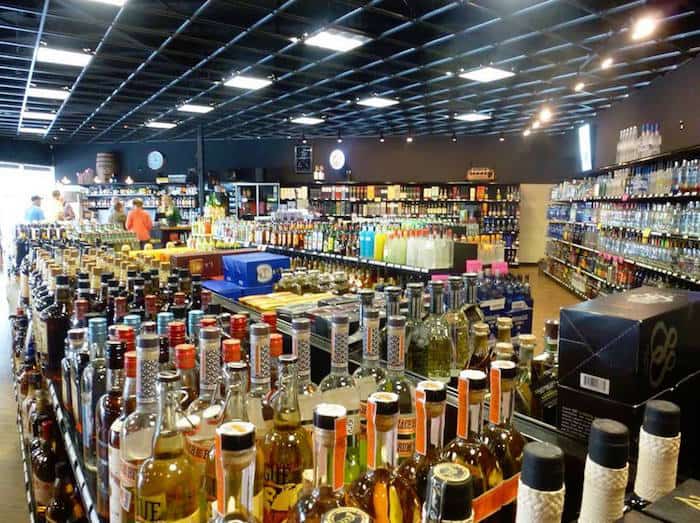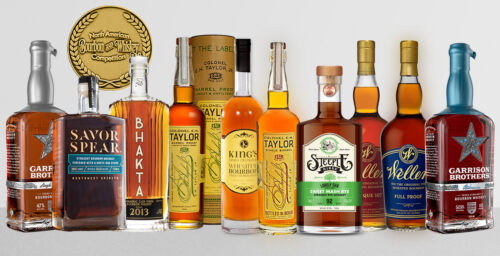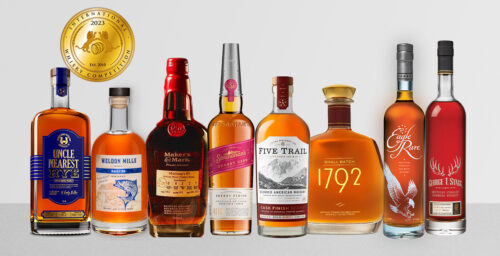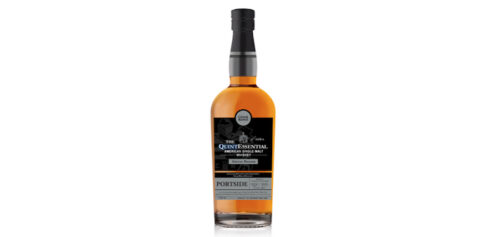A bill that could come before the Oregon Legislature this year looks to increase the taxes imposed on whiskey and distilled spirits, and some analysts say that could have a devastating effect on distilleries, restaurants, and bars in the state.
Sponsored by state representative Tawna Sanchez, HB 3296 would raise taxes for manufacturers and importers of malt beverages, wine, or cider by as much as 45% over the next six years. The goal is to raise money for behavioral health and substance abuse programs in Oregon.
But, according to a study from the Distilled Spirits Council of the United States (DISCUS), those taxes would reduce sales of spirits, beer, and wine and could lead to the loss of 6,000 jobs throughout the state over the next six years.

“It’s unfathomable that legislators would increase taxes on responsible spirits consumers and hospitality businesses in the middle of a pandemic that has devastated restaurant, bars and craft distilleries throughout the state,” said DISCUS VP of state government relations Adam Smith, in a prepared statement.
“Increased taxes will be passed on to consumers in the form of higher prices. Higher prices lead to a loss in sales, and a loss in sales leads businesses to cut employment. This, on top of the negative financial impacts created by COVID-19 and the more than 80,000 hospitality jobs lost in Oregon alone, would be too much for many businesses to bear.”
If passed, HB 3296 would increase the privilege taxes on the makers and distributors of distilled spirits in Oregon on the first day of 2022 by 20 percent. That number would then go up every year based on inflation.
According to the DISCUS study, those higher taxes would simply be passed onto consumers via higher prices. Their projections estimate that this bill could raise the price of a typical bottle of spirits by more than 10 percent. And, as they point out, the current 106 percent markup on spirits in Oregon is already more than 30 points higher than most other states.
The DISCUS analysis also calls into question the underlying intent of bills like this: to reduce alcohol abuse within the state. As they point out, the National Institute on Alcohol Abuse and Alcoholism reported in 2001 that “research suggests the heaviest-drinking 5 percent of drinkers do not reduce their consumption significantly in response to price increases, unlike drinkers who consume alcohol at lower levels.”
“The distilled spirits industry is fully supportive of evidence-based solutions that help prevent alcohol abuse, but raising taxes is not one of those solutions,” Smith added. “The price increase would harm responsible spirits consumers, businesses and Oregon’s workforce, without addressing alcohol abuse in the state.”
At the time of this writing, Oregon HB 3296 has been presented to the House Committee on Behavioral Health, House Committee on Revenue, and the Joint Committee on Ways and Means, but has yet to be scheduled to come to the floor of the Oregon House of Representatives for debate or vote.








